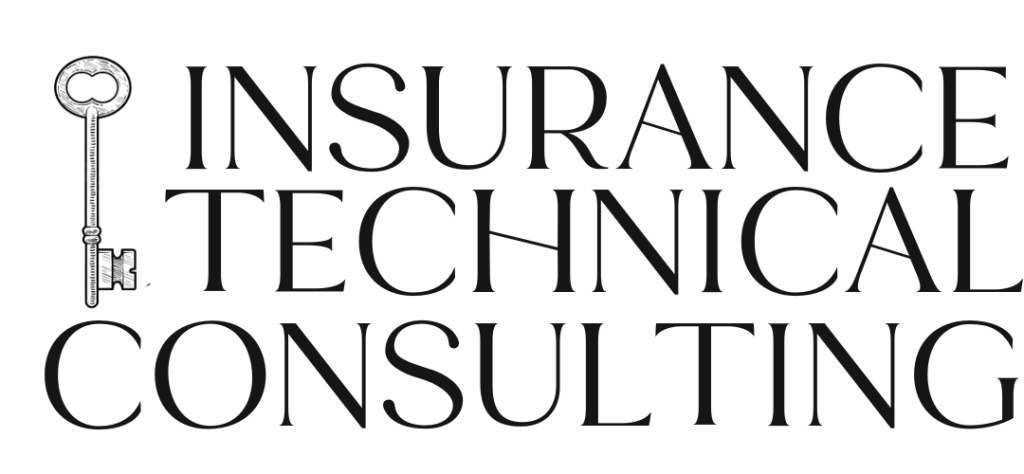
Does that quote include an Operations Limitation? Maybe it doesn’t sound too ominous. It’s one of those titles on a policy form that is a bit ambiguous. It might apply to an Additional Insured, restricting coverage to the policyholder’s premises, or restricting coverage to a particular project.
In fact, limitation of operations can apply to all of those things. But the Operations Limitation in focus here is an endorsement that provides BI or PD coverage applies only to the described business or operations; or to the scheduled classifications and codes. The description usually appears on the main declarations page, but sometimes is also on the form itself.
The operations description comes from the insured’s own application or from a negotiation between the agent and underwriting. This is reasonable, then, from the insurance carrier’s point of view. They do not expect to insure operations about which they know nothing. The insurer expects to insure an appliance store, not a toy manufacturer.
But from the agent’s and policyholder’s point of view, the form can be a problem. Such forms are limitations – not exclusions. But they can effectively act as exclusions. How many times do insureds add or change operations, and forget to tell their agent? When businesses neglect to talk to their agent about changes, they can end up with operations that are not covered by their policies.
Insurers regularly rely on this form to deny coverage. Many courts, including courts of appeals, have upheld limitations. For example, a landscaper dug a hole for a trampoline in a backyard. A child was hurt while using the trampoline, and the family sued the landscaper. Because the operations were limited to “landscaping,” the insurer denied coverage. The trial court sided with the insurer, and the appeals court affirmed the ruling.
Most surplus lines policies have some variation on this form, especially GL policies. Even in a soft market, it is unlikely underwriting will agree to remove the form. Although your prospect may not be able to avoid the limitation, best practice is to make your client aware of its existence, and impress on the client the importance of communicating business changes.
Do your validating producers understand surplus lines forms, or know where to learn about them? Insurance Technical Consulting specializes in one-on-one mentoring of commercial producers so they gain confidence in what they are selling and make fewer errors. Save your agency time with potential to increase revenue and reduce E&O costs. Explore the website at InsuranceTechnicalConsulting.com for more information.
Share Post :
